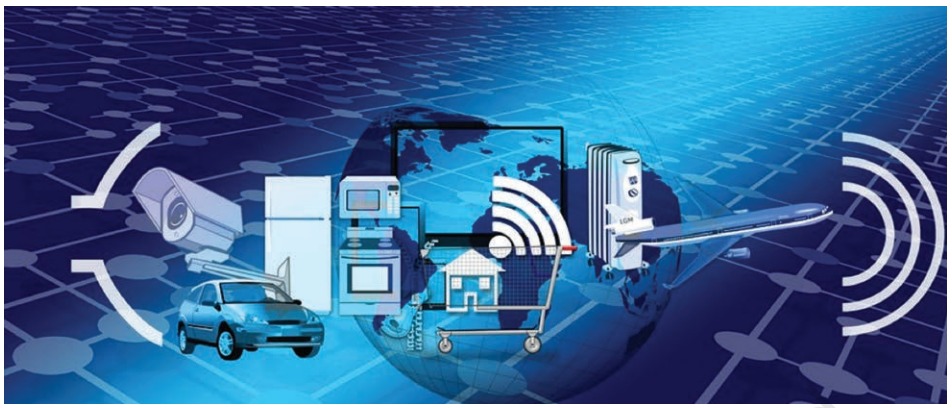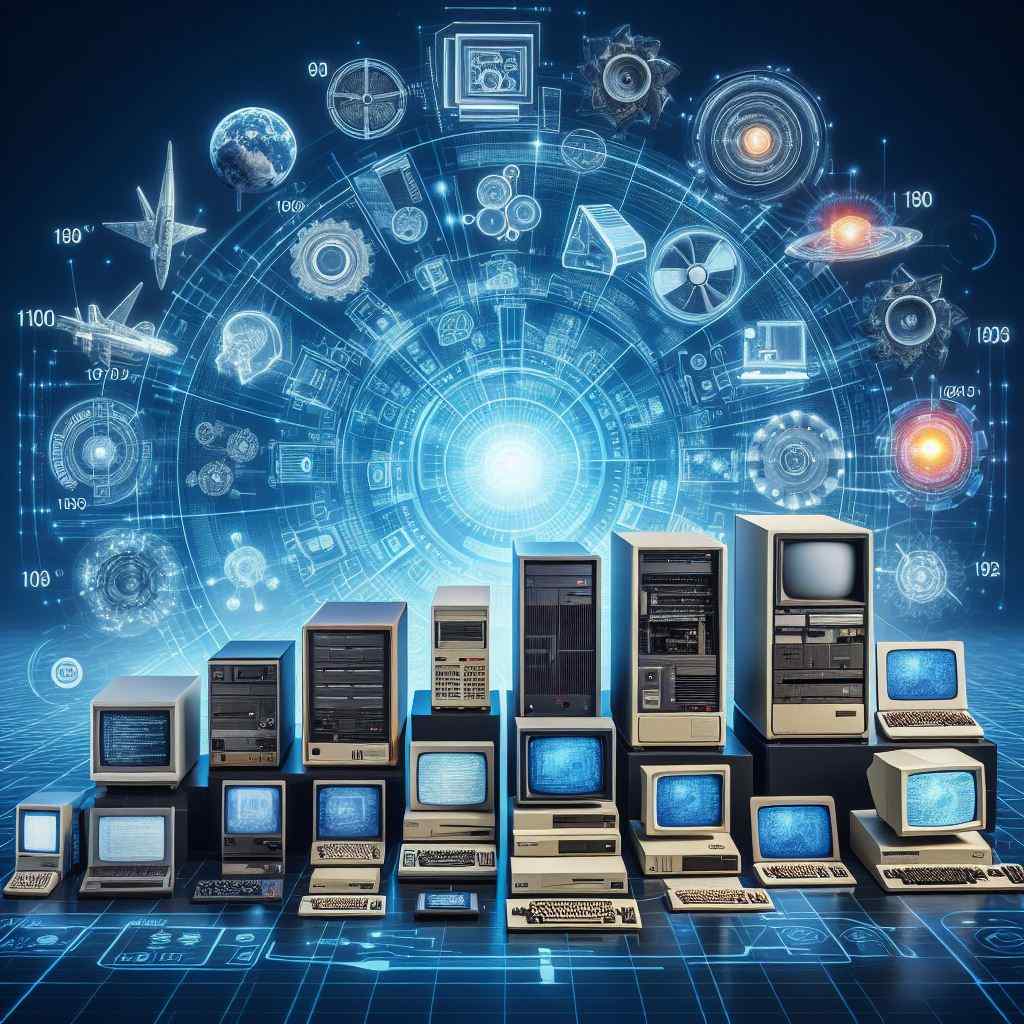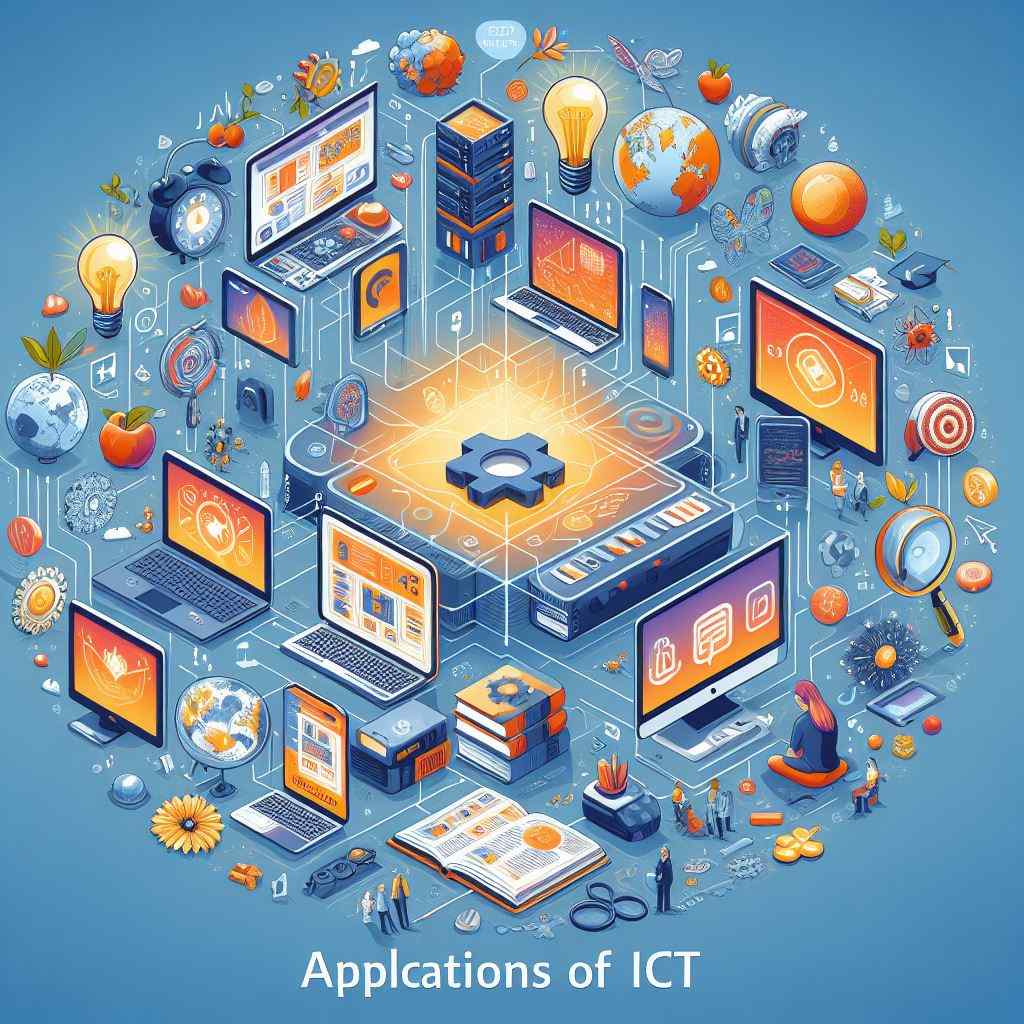In today’s interconnected world, Information and Communication Technology (ICT) plays a pivotal role in shaping our societies, economies, and daily lives. Let’s delve deeper into what ICT entails and explore its various applications and implications.

What is ICT?
ICT, an acronym for Information, Communication, and Technology, refers to the convergence of technologies used to manage and process information. It encompasses a wide range of tools, systems, and applications that facilitate the creation, storage, retrieval, and exchange of data in various formats.

Information:
Information refers to organized data that provides meaning or context. In the digital realm, information can be structured, manipulated, and analyzed to extract valuable insights and support decision-making processes. For example, data analytics and artificial intelligence (AI) technologies enable organizations to derive actionable intelligence from large datasets, driving innovation and efficiency.
Communication:
Communication in the context of ICT involves the transmission and exchange of information using different mediums and technologies. Traditional communication methods such as emails, phone calls, and video conferences have evolved with advancements like Voice over Internet Protocol (VoIP), which enables voice communication over the internet, and Unified Communications (UC), integrating various communication channels for seamless interaction.
Technology:
Technology encompasses hardware, software, and infrastructure components that enable the processing, storage, and dissemination of information. Advancements in technology, such as cloud computing, Internet of Things (IoT), and blockchain, have revolutionized how data is managed, accessed, and secured. Cloud services, for instance, offer scalable and cost-effective solutions for storing and processing data, while IoT devices connect physical objects to the digital world, enabling real-time data monitoring and analysis.
Evolution of ICT
The evolution of ICT can be traced back to the development of computing devices in the mid-20th century. From mainframe computers to personal computers (PCs), the digital revolution has ushered in an era of unprecedented connectivity and innovation. Key milestones in ICT evolution include:

- Internet Revolution: The widespread adoption of the internet in the 1990s transformed communication and information dissemination on a global scale. The World Wide Web (WWW) enabled users to access and share vast amounts of information, laying the foundation for today’s interconnected digital ecosystem.
- Mobile Technology: The proliferation of mobile devices, such as smartphones and tablets, has led to a mobile-first approach in ICT. Mobile applications (apps) have become integral to daily activities, from social networking and entertainment to productivity and commerce.
- Emerging Technologies: Recent advancements in ICT have been fueled by emerging technologies like AI, machine learning, augmented reality (AR), and virtual reality (VR). These technologies are reshaping industries such as healthcare, finance, education, and entertainment, offering new possibilities for automation, personalized experiences, and immersive interactions.
Why ICT Matters?
The significance of ICT extends beyond individual convenience to societal progress and economic growth. Here are some key reasons why ICT matters:
- Digital Transformation: ICT drives digital transformation initiatives across industries, enabling organizations to digitize processes, enhance efficiency, and deliver innovative products and services to customers.
- Global Connectivity: ICT facilitates global connectivity, enabling instant communication, collaboration, and knowledge sharing across geographical boundaries. Platforms like social media, messaging apps, and online forums connect people and ideas worldwide.
- Economic Empowerment: ICT plays a crucial role in economic empowerment by fostering entrepreneurship, creating job opportunities, and enabling access to markets and financial services. E-commerce platforms, digital payment systems, and online marketplaces empower businesses and individuals to participate in the digital economy.
- Societal Impact: ICT has a profound impact on society, influencing education, healthcare, governance, and social interactions. Technologies like telemedicine, e-learning platforms, smart cities, and e-government services contribute to societal development and inclusivity.
Applications of ICT
The applications of ICT are vast and diverse, encompassing various sectors and domains. Here are some notable applications:

- Education Technology (EdTech): ICT revolutionizes education through e-learning platforms, digital classrooms, interactive content, and personalized learning experiences. EdTech tools facilitate remote learning, skills development, and lifelong learning opportunities.
- Healthcare Technology (HealthTech): ICT transforms healthcare delivery with electronic health records (EHRs), telemedicine services, medical imaging technologies, and health monitoring devices. HealthTech solutions improve patient outcomes, enable remote consultations, and enhance healthcare accessibility.
- Smart Cities and IoT: ICT powers smart city initiatives by integrating IoT sensors, data analytics, and automation technologies to optimize urban infrastructure, improve resource management, and enhance quality of life for residents.
- Financial Technology (FinTech): ICT drives FinTech innovations such as digital payments, peer-to-peer lending platforms, robo-advisors, and blockchain-based cryptocurrencies. FinTech solutions promote financial inclusion, streamline transactions, and mitigate risks in the financial sector.
- E-Government Services: ICT enables e-government services, including online portals, digital identity verification, electronic voting systems, and government-citizen interaction platforms. E-government initiatives enhance administrative efficiency, transparency, and citizen engagement in governance processes.
Future Trends in ICT
Looking ahead, several emerging trends are shaping the future of ICT:
- 5G Connectivity: The rollout of 5G networks promises ultra-fast connectivity, low latency, and massive device connectivity, enabling transformative applications in areas like IoT, autonomous vehicles, and immersive media.
- AI and Automation: AI-driven automation is revolutionizing industries with intelligent systems, robotics, autonomous machines, and predictive analytics, driving efficiency, innovation, and personalized experiences.
- Edge Computing: Edge computing architectures bring computing resources closer to data sources, enabling real-time processing, reduced latency, and improved scalability for IoT, AI, and critical applications.
- Cybersecurity and Privacy: As digital ecosystems expand, cybersecurity and data privacy become paramount concerns. Advanced cybersecurity measures, encryption technologies, and privacy regulations are essential for safeguarding digital assets and maintaining trust in ICT systems.
